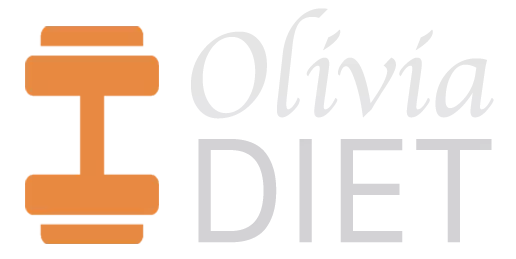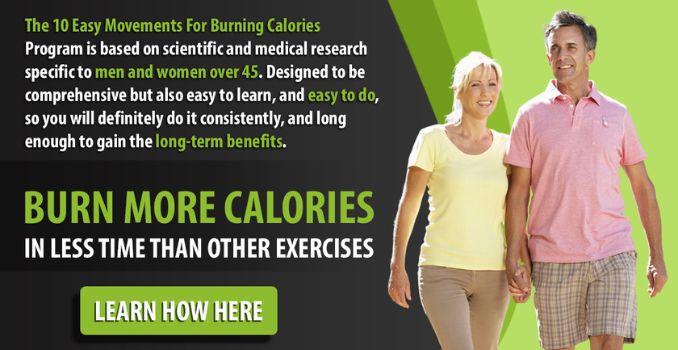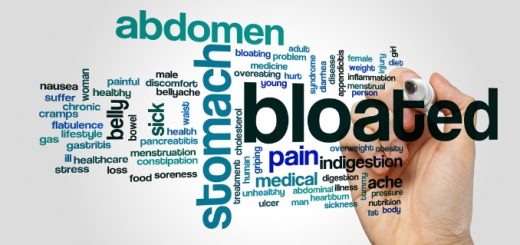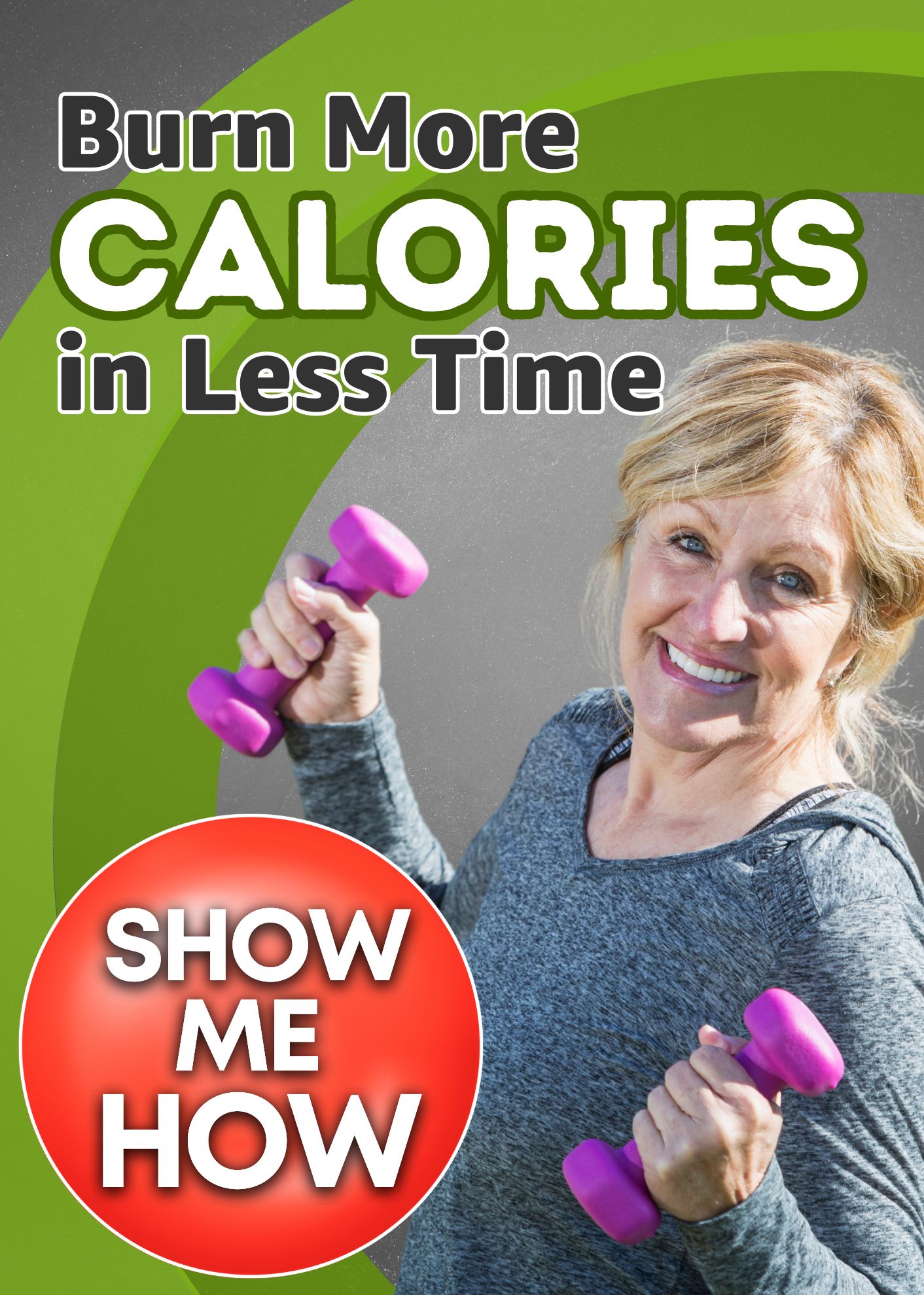From Planning to Plate: Masterful High-Calorie Meal Prep Techniques
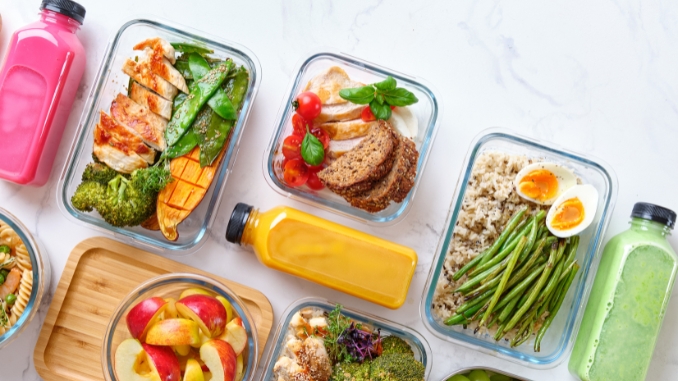
Last updated on April 15th, 2025 at 06:31 pm
Are you bored with low-calorie meals? It's time to switch to high-calorie meal prep!
This blog post will take you from start to finish, helping you create tasty, calorie-rich meals for the entire week. You'll learn how to make exciting breakfasts and indulgent dinners that taste great and provide the energy you need.
Whether you're an athlete or want to increase your calorie intake, these delicious meal-prep ideas are perfect. They balance flavor and nutrition, ensuring your meals are enjoyable and good for you. Prepare to improve your meal prep and enjoy delicious, nourishing food daily.
Understanding High-Calorie Meal Prep
Meal prep isn't just for low-calorie diets to lose fat or maintain weight. High-calorie meal prep is crucial for those with greater caloric needs, like athletes or those aiming to gain weight. It involves planning and preparing nutrient-rich, calorie-dense meals to meet specific dietary goals.
High-calorie meal prep aims to maximize calorie intake from various nutrient-dense sources. This involves balancing carbohydrates, proteins, and healthy fats into your meals[1]. By concentrating on nutrient-dense foods, you can provide your body with the essential fuel it needs to function at its best.
Benefits of High-Calorie Meal Prep
Incorporating high-calorie meal prep into your routine has several benefits:
- Ensures Adequate Caloric Intake: This guarantees meeting daily calorie needs, which is useful for athletes and those struggling to gain weight.
- Balanced Nutrition: Helps achieve a balanced intake of essential nutrients.
- Saves Time: Reduces daily cooking time by preparing meals in advance.
- Cost-Effective: Saves money by buying in bulk and reducing food waste.
- Portion Control: Allows precise control over meal sizes to manage caloric intake accurately.
- Customizable: Offers flexibility to tailor meals to personal dietary needs and preferences.
- Avoids Unhealthy Choices: Reduces the temptation to opt for fast food by having healthier options readily available.
Incorporating high-calorie meal prepping into one's routine can be a strategic approach to achieving specific health and fitness goals while supporting a busy lifestyle.
High-Calorie Meal Prep Statistics

Research published in the International Journal of Behavioral Nutrition and Physical Activity shows that meal prepping is associated with a healthier diet[2]. This includes increased intake of fruits and vegetables, reduced consumption of fast food and sugary beverages, enhanced overall diet quality, and more reliable adherence to nutritional guidelines.
These findings underline the benefits of meal prepping, including high-calorie versions, in promoting a balanced and nutritious diet.
Planning Your High-Calorie Meal Prep
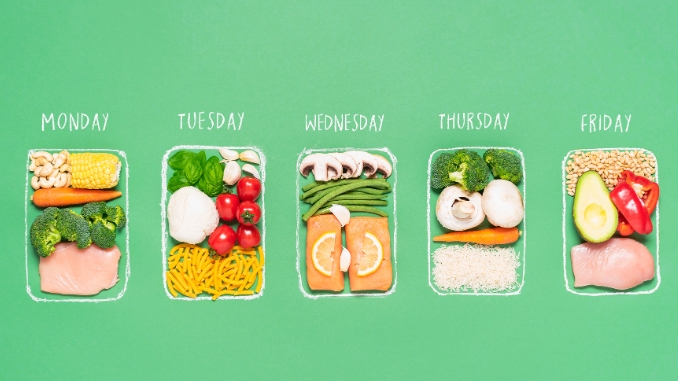
The success of high-calorie meal prep starts with thorough planning. First, calculate your daily caloric requirements considering age, gender, activity level, and weight objectives. Then, break these down into three main meals and two to three snacks tailored to your preferences and schedule.
Next, plan your weekly meals. Include a mix of proteins, complex carbohydrates[3], and healthy fats for a balanced diet, and vary your cuisine to keep meals exciting. Create a grocery list tailored to your meal plan to maintain organization and focus on purchasing whole, unprocessed foods.With your plan in place, you’re set to manage your high-calorie meal prep effectively.
Essential Ingredients for High-Calorie Meal Prep
When it comes to high-calorie meal prep, choosing the right ingredients is key. Here are some vital ingredients to include in your healthy meal-make shopping list:
1. Proteins
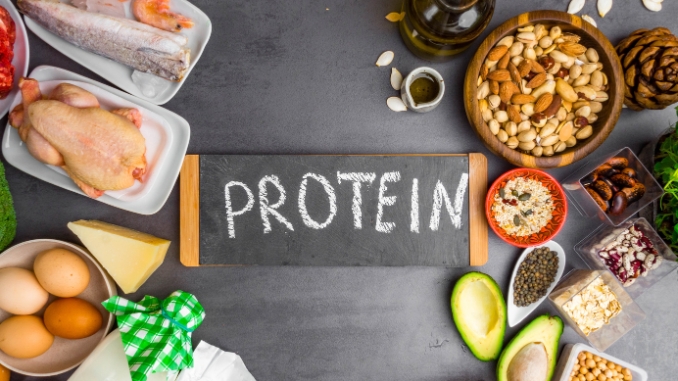
Choose firm protein sources such as turkey, chicken breast, lean cuts of beef, fish, tofu, or legumes. These will provide the building blocks for muscle growth and repair.
2. Complex Carbohydrates
Incorporate whole grains, likewhole wheat bread, oats, brown rice, and quinoa into your diet. These grains offer lasting energy and fiber, helping you stay full longer.
3. Healthy Fats
Include healthy fats like olive oil, seeds, avocados, and nuts. These fats are important for hormone production and brain function.
4. Fruits and Vegetables
Don't forget to include a variety of colorful fruits and vegetables in your high-calorie meals. They are packed with essential vitamins, minerals, and antioxidants. Including these essential ingredients in your high-calorie meal prep ensures that your meals are well-balanced and nutrient-dense.
Sample High-Calorie Meal Plan
Here's a simple, high-calorie meal plan to provide energy and nutrients throughout the day. This plan is ideal for individuals looking to increase their calorie intake for various reasons, such as healthy weight gain, muscle building, or higher energy demands.
- Breakfast: Oatmeal made with whole milk, topped with a tablespoon of peanut butter, banana slices, and chia seeds. This is a smoothie with avocado, full-fat Greek yogurt, a scoop of protein powder, mixed berries, and a handful of spinach.
- Morning Snack: A handful of mixed nuts and a cheese stick. Whole grain toast with hard-boiled egg and avocado.
- Lunch: Grilled chicken breast or tofu, quinoa, and roasted vegetables (like carrots, sweet potatoes, and Brussels sprouts) drizzled with olive oil. A side of hummus and whole grain pita bread.
- Afternoon Snack: A peanut butter and jelly sandwich on whole grain bread. Greek yogurt mixed with granola and honey.
- Dinner: Baked salmon or a hearty bean stew, served with brown rice and a side of sautéed kale with garlic and pine nuts. A slice of whole grain bread with butter.
- Evening Snack: A bowl of cottage cheese with pineapple chunks or berries, a glass of whole milk or an alternative, and a scoop of protein powder.
Remember, this meal plan is just a guideline. You can adjust portion sizes, ingredients, and meal components based on your dietary preferences, nutritional needs, and calorie goals. Consider consulting with a nutritionist or dietitian to create a personalized meal plan that suits your needs.
Meal Prepping for Specific Dietary Needs
High-calorie meal prep can be tailored to meet specific dietary needs, including vegan, vegetarian, gluten-free, and dairy-free diets. Here are some tips for perfect meal prep recipe prepping for specific dietary needs:
1. Vegan and Vegetarian
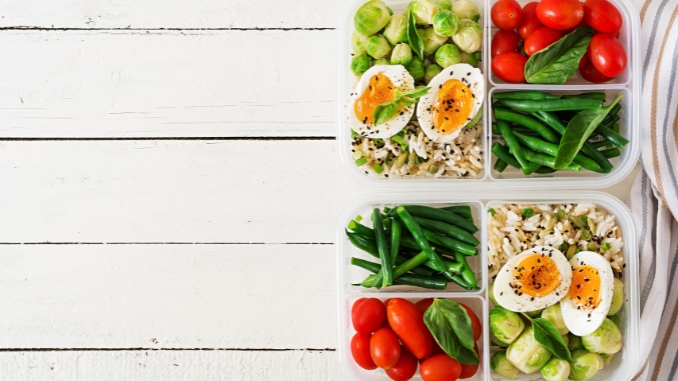
Focus on plant-based protein sources such as legumes, tofu, tempeh, and seitan. Incorporate a variety of vegetables, whole grains, and plant-based fats to ensure a healthy, well-rounded, and high-calorie diet.
2. Gluten-Free
Opt for gluten-free grains like quinoa, rice, buckwheat, and millet. Use gluten-free flours for baking, and be mindful of cross-contamination if you have celiac disease or gluten sensitivity.
3. Dairy-Free
Experiment with non-dairy alternatives such as almond milk, coconut milk, or oat milk in your high-calorie recipes. Many dairy-free cheese and yogurt options are also available. You can ensure everyone can enjoy delicious and nutritious meals by adapting your high-calorie meal prep to specific dietary needs.
High-Calorie Meal Prep Tips and Tricks
Preparing high-calorie meals doesn't have to be complicated. Here are some tips and tricks to make your high-calorie meal prep a breeze:
- Batch Cook: Cook large quantities of your favorite high-calorie recipes and portion them into individual meal prep containers. This will save you time and ensure you have meals ready throughout the week.
- Use Calorie-Dense Ingredients: Incorporate ingredients naturally high in calories, such as nut butter, coconut milk, and cheese. These will add flavor and boost the calorie content of your meals.
- Add Healthy Toppings: Sprinkle chopped nuts, seeds, or dried fruits on your meals to add texture and extra calories. These toppings also provide additional nutrients.
- Experiment with Flavors: Don't be afraid to experiment with different spices, herbs, and sauces to add variety and flavor to your high-calorie meals. This will prevent meal fatigue and keep you excited about your meals.
- Prep Snacks: Besides your main meals, prepare high-calorie snacks to have on hand throughout the day. These can include protein bars, trail mix, or homemade energy balls.
These tips and tricks can make your high-calorie meal prep enjoyable and efficient.
Cooking Techniques for High-Calorie Meal Prep
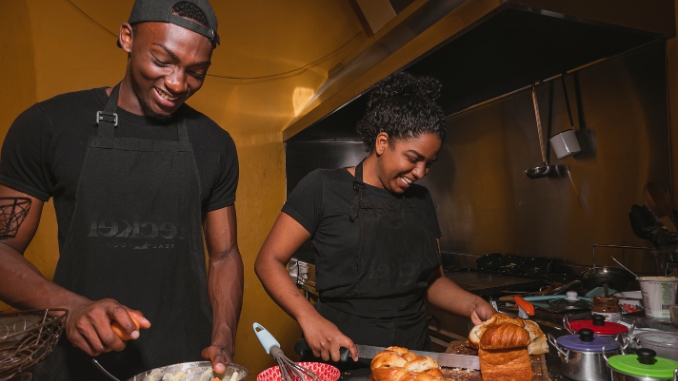
Several techniques can help you maximize your meals' flavor and nutritional value when cooking for high-calorie meal prep. Here are a few cooking techniques to consider:
- Roasting: Roasting vegetables, meats, or tofu can bring out their natural flavors and add depth to your meals. It also helps to caramelize the sugars in the food, resulting in a rich and savory taste.
- Grilling: Grilling is great for adding smoky and charred flavors to your high-calorie meals. It's especially delicious with proteins like chicken, steak, or fish.
- Sautéing: Sautéing vegetables in a small amount of oil or butter can enhance their flavors and make them more enjoyable. This quick and easy cooking technique can be used with various ingredients.
- Steaming: Steaming is a gentle cooking procedure that helps food retain nutrients food retain nutrients. It's particularly useful for vegetables, grains, and seafood.
- Baking: Baking is a versatile cooking technique that can be used for a wide range of high-calorie dishes. From casseroles to desserts, baking allows for even cooking and can help develop complex flavors.
Using these cooking techniques, you can take your high-calorie meal prep to the next level and create delicious and nutritious meals.
High-Calorie Meal Prep VS High Protein Meal Prep
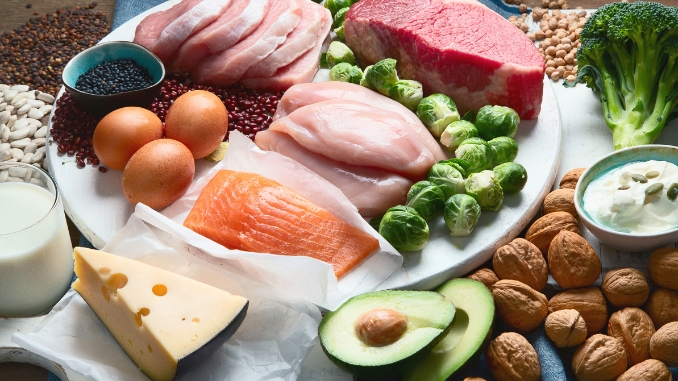
High-calorie and high-protein meal prep target different nutritional goals, though they can overlap. Here's a breakdown of the two:
High-Calorie Meal Prep
- Objective: The primary aim is to increase overall calorie intake. This is often suited for individuals looking to gain weight, athletes needing more energy, or anyone with high energy demands.
- Ingredients: It incorporates calorie-dense foods, such as high-fat foods like nuts, seeds, avocados, and oils, along with carbohydrates and proteins. It's not solely focused on protein but ensures a significant calorie count from various macronutrients.
- Meals: Meals are rich in fats, carbs, and proteins. For example, a pasta dish with creamy sauce, cheese, and meat or a rice bowl with avocado, fatty fish, and vegetables.
- Purpose: Ideal for gaining weight or muscle mass, or who have high caloric needs due to their lifestyle or physical activities.
High-Protein Meal Prep
- Objective: Focuses on increasing lean protein intake. This benefits muscle repair, growth, and overall health, particularly for athletes, bodybuilders, or those on a weight loss journey.
- Ingredients: Emphasizes protein sources like meat, poultry, fish, tofu, legumes, and dairy products. While calories are considered, the priority is on meeting protein targets.
- Meals: Meals are planned around protein sources, such as grilled chicken breast with vegetables, a black bean and quinoa salad, or a tofu stir-fry.
- Purpose: Supports muscle building and recovery, aids satiety and weight management, and is essential for various bodily functions.
Key Differences
- Caloric Focus: High-calorie meals aim for a high overall caloric intake, whereas high-protein meals prioritize high-protein foods. These meals can support weight management or muscle synthesis without significantly increasing total calories.
- Nutrient Emphasis: High-calorie preps often balance fats, carbs, and proteins, while high-protein preps focus on maximizing protein, regardless of the total calorie count.
Both meal prep styles can be adapted to individual goals and dietary needs. For example, someone who wants to gain muscle mass can follow a high-calorie, high-protein diet while consuming enough calories to support their energy needs.
High-Calorie Meal Prep Services and Products
Numerous high-calorie meal prep services and products are available for convenience. These services deliver ready-made meals or kits tailored to your caloric and dietary needs, handling the planning, shopping, and cooking.
Additionally, protein powders, meal replacement shakes, snack bars, and energy gels offer convenient, portable calorie sources. When choosing these services and products, prioritize those that use whole, unprocessed foods.
Conclusion
High-calorie meal prep is a powerful tool for those looking to increase their calorie intake in a healthy and balanced way. By learning the principles of high-calorie meal prep, planning your meals, and using key ingredients and cooking methods, you can make delicious and nutritious meals that support your fitness and weight gain goals.
Whether you're an athlete or simply someone looking to amp up your calorie intake, high-calorie meal prep recipes can help you achieve your goals while ensuring that you're nourishing your body with the right nutrients. So, say goodbye to boring, monotonous meals and embrace the flavorful and satisfying journey from planning to the plate. Prepare to elevate your meal prep skills with advanced high-calorie meal prep techniques.
The 10 Easy Movements For Burning Calories Program is based on scientific and medical research specific to men and women over 45. Designed to be comprehensive but also easy to learn, and easy to do, so you will definitely do it consistently, and long enough to gain the long-term benefits. Check out now!
Rick Kaselj MS, is a leading kinesiologist and injury specialist as well as co-creator of the best-selling Unlock Your Hip Flexors program. Rick creates exercise programs that help people heal injuries and eliminate pain, so they can go back to living a full, active, healthy life.
